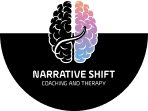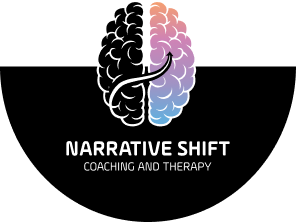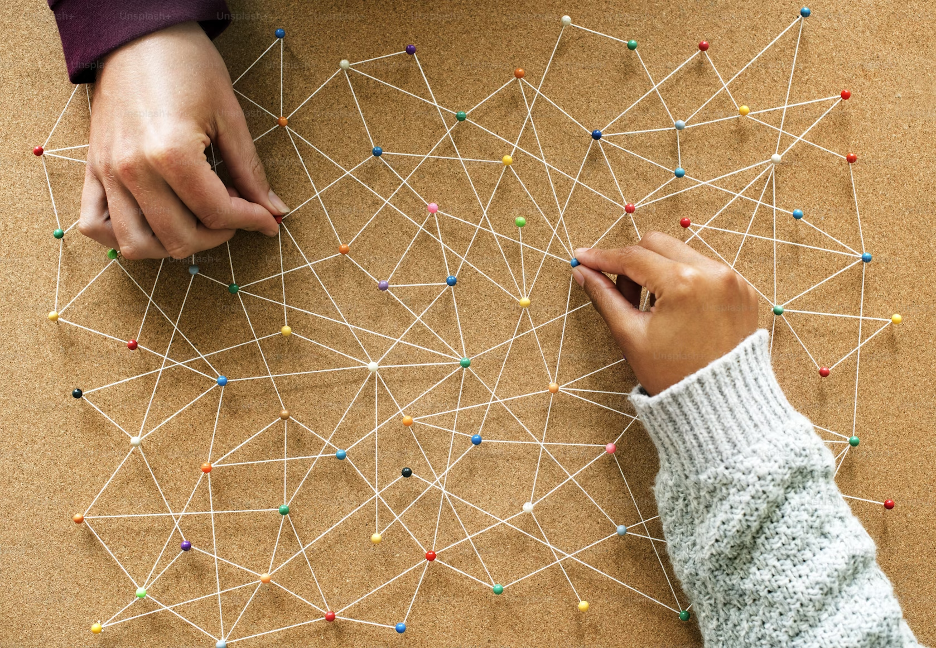The Narrative:
When ADHD is part of a relationship, familiar patterns can emerge: One partner feels constantly overlooked while the other feels unfairly criticized. Important conversations get interrupted, plans fall through, and what started as love transforms into frustration and disconnection. What looks like indifference to one partner is actually an ADHD symptom to another, creating a cycle of misunderstanding that can erode even the strongest foundations.
The Shift:
ADHD in relationships isn’t just a challenge to overcome—it’s an opportunity to develop deeper understanding, more effective communication, and ultimately, a stronger connection. By recognizing how ADHD shapes relationship dynamics and implementing targeted strategies, couples can transform potential sources of conflict into pathways for growth and intimacy.
Understanding the ADHD Relationship Dynamic
In a recent episode of Justine Ruotolo’s podcast, ADHD expert Melissa Orlov shared insights from both her professional expertise and personal experience. Her journey began in her own family, where undiagnosed ADHD led to years of misinterpretation and frustration.
“People often think their partner doesn’t love them anymore because of inattentiveness,” Melissa explained. “But what looks like disinterest is often the ADHD brain processing attention differently.”
One of the most common and damaging patterns in ADHD relationships is what Melissa calls the “parent-child dynamic.” This happens when:
-
- The non-ADHD partner begins managing the other’s responsibilities
- The ADHD partner starts feeling controlled and infantilized
- Both feel resentful and misunderstood
This dynamic erodes the foundation of partnership and mutual respect that healthy relationships require.
“You have a responsibility to contribute your best self to the relationship, regardless of what your partner is doing.”
Building a Stronger Relationship Framework
Professional Support as a Foundation
-
- Understanding ADHD through therapy or coaching gives both partners a framework for interpreting behaviors accurately.
- Rather than seeing forgetfulness as a personal slight, it becomes a symptom that can be addressed collaboratively.
Communication That Connects
-
- ADHD can affect how conversations flow, with interruptions, topic shifts, or missed details.
- Melissa suggests structured conversation formats, including:
- Checking in with: “Is this a good time to talk?”
- Using visual cues or written notes for important points
- Allowing processing time when needed
Emotional Regulation Approaches
-
- Recognize when emotional intensity is an ADHD feature, not a personal attack
- Develop strategies for riding emotional waves together
- Create calm-down spaces or signals for overwhelm
Strength-Based Partnership
-
- The ADHD partner might excel at creative problem-solving or spontaneity
- The non-ADHD partner might bring consistency or organizational systems
- Together, they create a balanced partnership that benefits from both approaches
Finding Your Way Back to Connection
Is it possible to rediscover love after years of ADHD-related misunderstandings? Melissa’s answer is an emphatic yes.
Her own story with her husband demonstrates how couples can move beyond frustration to rebuild a thriving relationship.
“We taught ourselves not to do the negative stuff anymore,” she shared, highlighting how intentional practice can transform interaction patterns.
With proper understanding, appropriate treatment approaches, and mutual effort, couples can navigate beyond the typical ADHD relationship challenges to create stronger, more resilient bonds than ever before.
Remember: ADHD in relationships isn’t an insurmountable obstacle—it’s an invitation to develop deeper understanding, more effective communication, and ultimately, a more conscious and deliberate love.
These misunderstandings create a cascade effect:
-
- The non-ADHD partner feels unloved and unimportant
- The ADHD partner feels constantly criticized and misunderstood
Without intervention, this pattern can lead to resentment, emotional distance, and relationship breakdown.
The Parent-Child Dynamic Trap
One of the most common and damaging patterns in ADHD relationships is what Melissa calls the “parent-child dynamic.” This happens when:
-
- The non-ADHD partner begins managing the other’s responsibilities
- The ADHD partner starts feeling controlled and infantilized
- Both feel resentful and misunderstood
This dynamic erodes the foundation of partnership and mutual respect that healthy relationships require.
“You have a responsibility to contribute your best self to the relationship, regardless of what your partner is doing.”
Building a Stronger Relationship Framework
Professional Support as a Foundation
-
- Understanding ADHD through therapy or coaching gives both partners a framework for interpreting behaviors accurately.
- Rather than seeing forgetfulness as a personal slight, it becomes a symptom that can be addressed collaboratively.
Communication That Connects
-
- ADHD can affect how conversations flow, with interruptions, topic shifts, or missed details.
- Melissa suggests structured conversation formats, including:
- Checking in with: “Is this a good time to talk?”
- Using visual cues or written notes for important points
- Allowing processing time when needed
Emotional Regulation Approaches
-
- Recognize when emotional intensity is an ADHD feature, not a personal attack
- Develop strategies for riding emotional waves together
- Create calm-down spaces or signals for overwhelm
Strength-Based Partnership
-
- The ADHD partner might excel at creative problem-solving or spontaneity
- The non-ADHD partner might bring consistency or organizational systems
- Together, they create a balanced partnership that benefits from both approaches
Finding Your Way Back to Connection
Is it possible to rediscover love after years of ADHD-related misunderstandings? Melissa’s answer is an emphatic yes.
Her own story with her husband demonstrates how couples can move beyond frustration to rebuild a thriving relationship.
“We taught ourselves not to do the negative stuff anymore,” she shared, highlighting how intentional practice can transform interaction patterns.
With proper understanding, appropriate treatment approaches, and mutual effort, couples can navigate beyond the typical ADHD relationship challenges to create stronger, more resilient bonds than ever before.
Remember: ADHD in relationships isn’t an insurmountable obstacle—it’s an invitation to develop deeper understanding, more effective communication, and ultimately, a more conscious and deliberate love.
